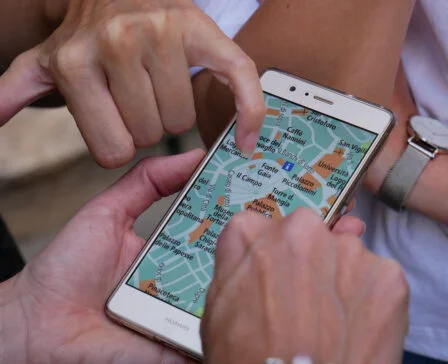Dietary intake and pouch: The Psychosocial experience of eating for patients with an Ileal Pouch Anal Anastomosis (IPAA)
Researcher
Lucia Braz – PhD candidate & Research Dietitian, St Marks Hospital IBD Unit, Imperial College London.
A three-phase exploratory qualitative study collecting data via:
1. patient one-time focus groups;
2. individual longitudinal interviews with patients;
3. individual one-time interviews with clinicians, to produce a composite insight into the concerns about, and the experience of eating with a pouch, and into the decision-making by patients and clinicians regarding dietary intake.
A public patient involvement group (PPI group) will review and advise on the participant information sheet for the study, and assist with interview schedule design and data analysis.
Phase 1 (focus groups)
PFG1 and 2 – patient focus group – St Marks Hospital + public domains
The aim of this investigation is to explore the experience of eating for patients with a pouch, and trigger question will be used to initiate discussion. Questions will (as appropriate) include:
- ‘What concerns you about having a pouch?’
- ‘What is the experience of eating like for someone with a pouch?’
- ’What is your experience of eating in a restaurant or someone else’s home?’
- ‘When was the last time you went out for a meal and can you describe your experience?’
- ‘What are the main differences on eating, that you notice/report, with and without a colon?’
- ‘What did you imagine life would be like with a pouch?’
- ‘What kind of food restrictions do you have?’
- ‘Did your eating routine change?’
- ‘What kind of changes do you make in your eating routine if you start with pouchitis-like symptoms?’
- ‘What kind of dietetic advice did you receive before/after your surgery?’
These questions should enable detection of issues which influence patients’ attitudes towards and concerns about pouches. Focus groups will be facilitated by two members of the research team (facilitator plus observer), using the Focus Group Guide, and will be recorded on a digital audio device.
Phase 2 (participant interviews)
Between seven and 10 new participants will each participate in three semi-structured longitudinal telephone interviews, recorded at baseline T1 (0-3 months since surgery), T2 (5-8) months since surgery, and T3 (9-12) months since surgery). The interview schedule will be developed from Phase 1 focus group analysis. The aim will be to explore in greater depth the issues arising in Phase 1, and to gauge patient perceptions of clinicians’ views about eating after the IPAA surgery. Interviews will be conducted by the PhD student either face to face, by telephone or by Skype according to participant preference, and recorded on a digital audio device.
Phase 3 (clinician interviews)
Around ten telephone interviews, two per professional group) will be conducted with IBD specialist physicians, colorectal surgeons, IBD nurses and dietitians. Topics will include giving dietary advice, whether clinicians perceive that pouch surgery has an influence on the psychosocial aspect of eating for the patient, when and how the subject of diet is raised with the patient, and to gauge clinician perceptions of patients’ views about the diet. Interviews will be conducted by the PhD student using the Clinician Interview Guide and recorded using a telephone digital recording device.
Duration of project
1 year






